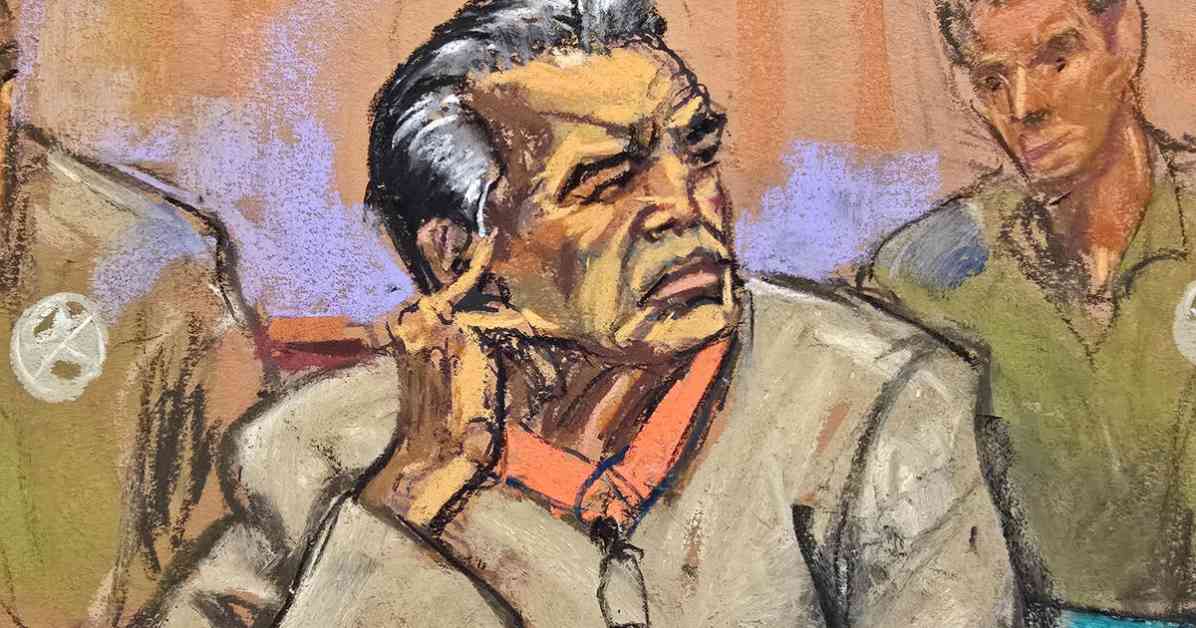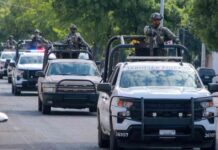Negotiations between Mexican cartel leader El Mayo Zambada and U.S. prosecutors
U.S. prosecutors are currently engaged in discussions with Ismael “El Mayo” Zambada, a prominent Mexican drug lord associated with the Sinaloa cartel, regarding a potential plea deal. The plea discussions, initiated since Zambada’s arrest last summer, have yet to yield concrete results, but prosecutors remain committed to exploring this avenue. A hearing scheduled for April 22 aims to provide an update on the progress of these negotiations. Zambada’s lead attorney, Frank Perez, has refrained from commenting on the ongoing discussions.
The Complex Dynamics of a Cartel Family
Ismael Zambada’s son, Vicente Zambada, has played a pivotal role in the intricate web of cartel operations. Charged himself and having made a plea deal, he testified against the cartel’s co-founder, Joaquín “El Chapo” Guzmán. Vicente Zambada’s testimonies shed light on the collaborative efforts between his father and Guzmán in running the cartel. Beyond the sensationalized violence associated with cartel activities, Ismael Zambada is portrayed as a strategic figure, focused on the logistical aspects of the illicit drug trade.
Legal Challenges and Ethical Dilemmas
The legal proceedings surrounding Zambada’s case have introduced ethical dilemmas, particularly concerning potential conflicts of interest between Zambada and his son’s testimonies. Defense attorney Perez faces challenges in representing both parties effectively due to the complexities of their intertwined narratives. Despite these obstacles, the courts have navigated this delicate situation by allowing Perez to continue representing Zambada while ensuring safeguards to address any conflicts that may arise.
Implications on International Relations
The repercussions of Zambada’s arrest and the ensuing cartel warfare have reverberated across international borders. Tensions between Mexico and the United States have escalated, with each side attributing blame to the other for the escalating violence. The diplomatic fallout underscores the intricate connections between law enforcement actions, cartel dynamics, and cross-border cooperation in combating organized crime. The struggle to maintain effective collaboration amidst shifting alliances and power struggles within the cartel landscape underscores the challenges faced by authorities in curbing illicit activities.
Amidst the legal intricacies and geopolitical implications, the underlying human cost of cartel violence remains starkly evident. The brutal tactics employed by rival factions, as highlighted by the use of torture and public displays of violence, underscore the destructive impact of organized crime on communities. As negotiations between Zambada and U.S. prosecutors continue, the broader implications of these discussions on justice, security, and international relations will undoubtedly shape the future landscape of anti-cartel efforts.























